 |
| Must manage the flow of money between the financial market and the rest of Vietnam. |
Building a fence to prevent capital from flowing back from the financial center to foreign countries
The State Bank of Vietnam (SBV) is drafting a Decree regulating the licensing of banking establishment and operation, foreign exchange management, anti-money laundering, anti-terrorist financing, and financing of proliferation of weapons of mass destruction at the International Financial Center (IFC) in Vietnam.
The regulations are designed to prevent capital from the rest of Vietnam from flowing into the financial market and then transferring it to invest abroad, which goes against the policy of attracting capital into Vietnam.
Regarding the conditions for granting a License, the draft stipulates that, for 100% foreign-owned commercial banks and foreign bank branches, the conditions for granting a License are similar to the provisions on the conditions for granting a License in Article 29 of the Law on Credit Institutions, the conditions of the owner in Decree No. 162/2024/ND-CP and guiding Circulars.
The above provisions aim to avoid creating any distinction between foreign investors when establishing commercial banks, whether in the financial market or in Vietnam. For 100% domestic commercial banks, the draft regulations refer to the provisions on conditions for commercial banks to establish foreign subsidiaries in Circular No. 32/2024/TT-NHNN, other relevant provisions in Article 29 of the Law on Credit Institutions and Decree No. 162/2024/ND-CP.
Regarding the network, the draft regulation stipulates that investors/parent banks are only allowed to establish 1 presence at the financial center and are not allowed to expand the network.
Regarding capital flows, in order to ensure the goal of encouraging large capital flows from the financial market into Vietnam, commercial banks and branches of the State Bank of Vietnam are members provided to customers according to the following principles: being allowed to circulate capital flows from the financial market to the rest of Vietnam; capital flows within the financial market; capital flows between the financial market and the world . However, it is not allowed to transfer capital flows from the rest of Vietnam into the financial market. Banks are not allowed to mobilize capital from organizations and individuals who are not members of the financial market in Vietnam.
Transfers of $1,000 or more abroad must be reported.
Regarding anti-money laundering, the draft Decree specifies the responsibilities of the reporting entities at the financial market and other relevant organizations and individuals in implementing anti-money laundering measures. At the same time, it stipulates the responsibilities of the Financial Market Supervision Agency, the State Bank of Vietnam, the Ministry of Public Security , the Ministry of National Defense and relevant ministries and branches in performing the state management function of anti-money laundering at the financial market to ensure compliance with the provisions of the law on anti-money laundering.
The draft stipulates a number of specific and outstanding policies for reporting entities at the TTTC, including: allowing the implementation of anti-money laundering measures that the owner and parent bank are applying that are not yet regulated by Vietnamese law, but ensuring that they are not contrary to Vietnamese law; applying the reporting regime for international electronic money transfer transactions (reporting threshold of 1,000 USD) to reporting entities at the TTTC.
According to the submission of the State Bank, the provisions of the Law on Anti-Money Laundering, anti-money laundering must be carried out in accordance with the provisions of law on the basis of ensuring sovereignty and territorial integrity, national security, national interests; ensuring normal economic and investment activities; protecting the legitimate rights and interests of organizations and individuals; preventing abuse of power, taking advantage of anti-money laundering to infringe upon the legitimate rights and interests of related organizations and individuals.
Accordingly, with a higher level of openness in the financial market regarding capital flows, cross-border transactions, and the presence of many large international financial institutions in fields other than banking, there needs to be a strict policy mechanism so that subjects do not "take advantage" of the financial market and superior specific policies to "legalize" money sources.
Regarding foreign exchange management, the draft stipulates the use of foreign currency by members (including commercial banks, branches of the State Bank of Vietnam as members and other members). At the same time, to To limit the risk of policy abuse, ensure the separation of payment transactions and foreign currency transfers in the financial market from payment transactions and money transfers with the rest of Vietnam's territory, the draft stipulates that payment transactions and money transfers between members must be carried out through foreign currency payment accounts of members opened at commercial banks and branches of the State Bank of Vietnam that are members.
No early intervention, special control, special lending... applied to banks in the Financial Center
The draft Decree is regulated in a way that allows the State Bank not to carry out early intervention, apply special control, restructuring measures, special lending... and not to perform central banking operations (as prescribed in the Law on Credit Institutions for the domestic banking system). At the same time, it stipulates that commercial banks and foreign bank branches are members who do not participate in the Vietnam Deposit Insurance (because banks that establish the Financial Center do not accept deposits from individuals in Vietnam).
Instead, the draft stipulates the revocation of licenses, dissolution, bankruptcy and liquidation of assets when banks that are members of the TTTC have problems. Accordingly, the draft stipulates 4 cases where banks that are members of the TTTC have problems.
One is the accumulated loss is greater than 15% of the value of charter capital and reserve funds and violates the minimum capital safety ratio;
Second is violating the minimum capital safety ratio for 6 consecutive months;
Third is violating the solvency ratio for 30 consecutive days;
Fourth, there is a mass withdrawal of money leading to the risk of insolvency or insolvency and a report is sent to the competent authority.
The draft assigns the competent authority to issue licenses, inspect, and supervise commercial banks and branches of the State Bank of Vietnam, which are members, to monitor when banks fall into the above-mentioned cases. When member banks of the Financial Market have problems, the State Bank of Vietnam will not participate in early re-intervention, special control, special lending, etc. Bankruptcy procedures for banks in trouble will be resolved at the specialized Court at the Financial Market.
The State Bank of Vietnam is proposing that the Government consider issuing this Decree following a simplified procedure to create a legal basis for the implementation of banking activities as well as foreign exchange transactions at the financial market; creating a legal basis for inspection, supervision, prevention and combat of money laundering...
At the same time, the Action Plan for the implementation of the TTTC construction includes the assignment of ministries and branches to urgently submit to the Government for consideration the issuance of Decrees guiding the implementation of Resolution 222 according to simplified procedures and order, to be completed in August 2025.
Source: https://baodautu.vn/ngan-chay-mau-dong-von-chuyen-tu-1000-usd-ra-nuoc-ngoai-phai-bao-cao-d362571.html



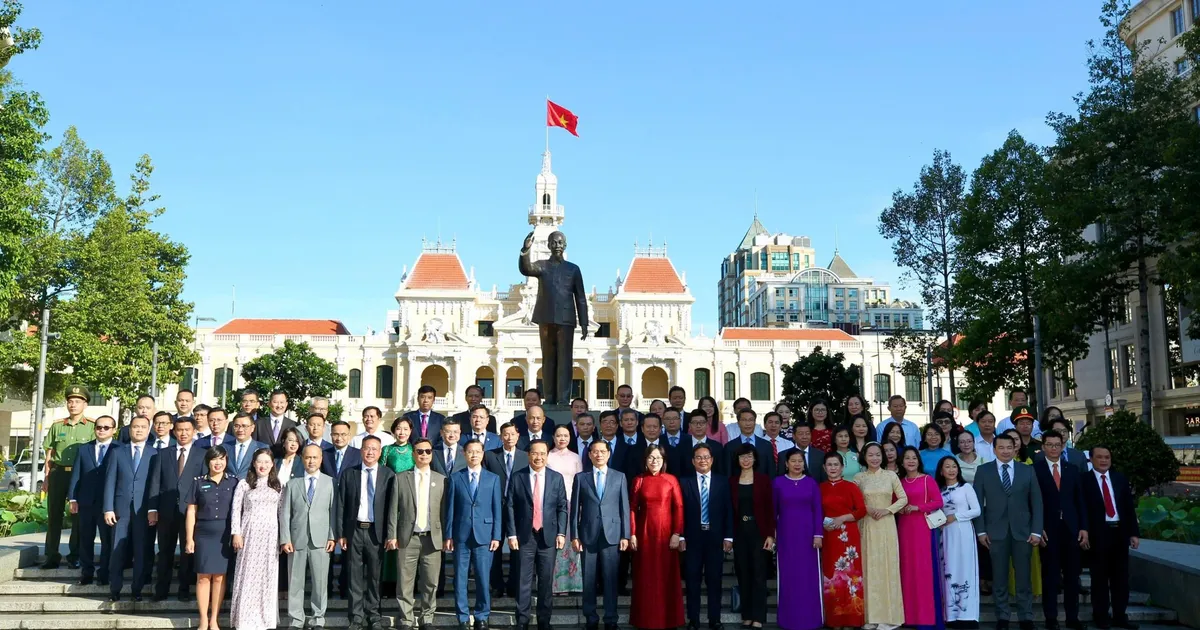
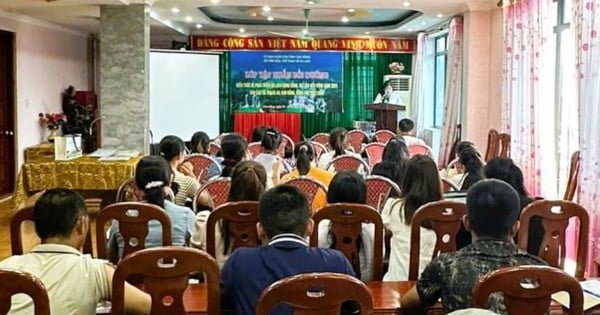
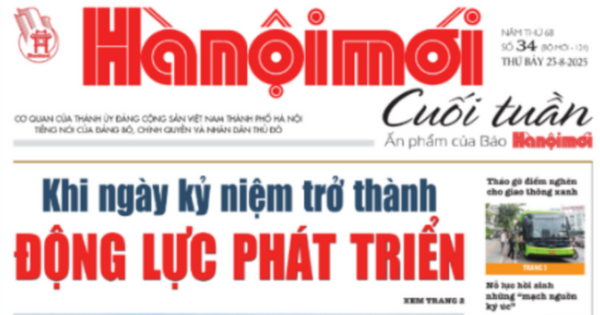
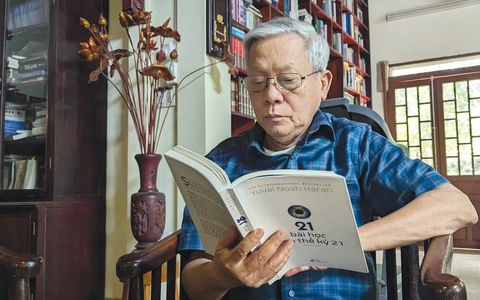
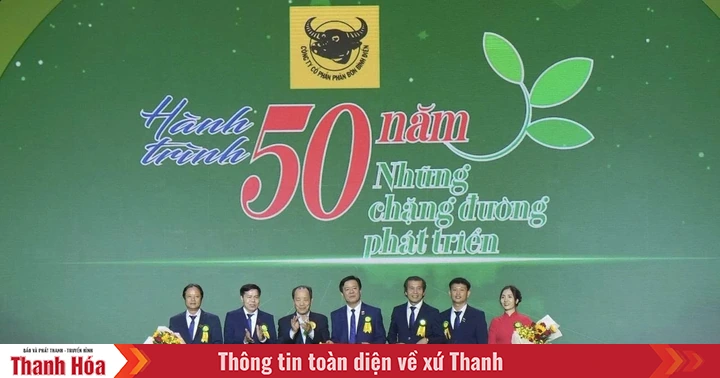

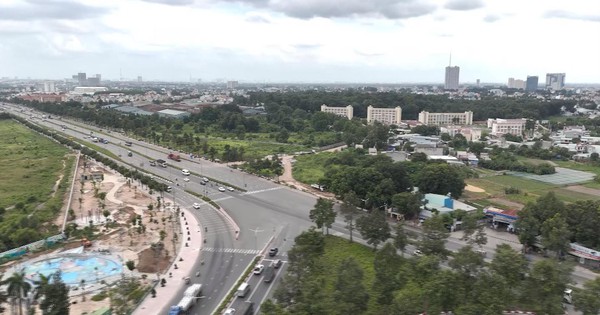

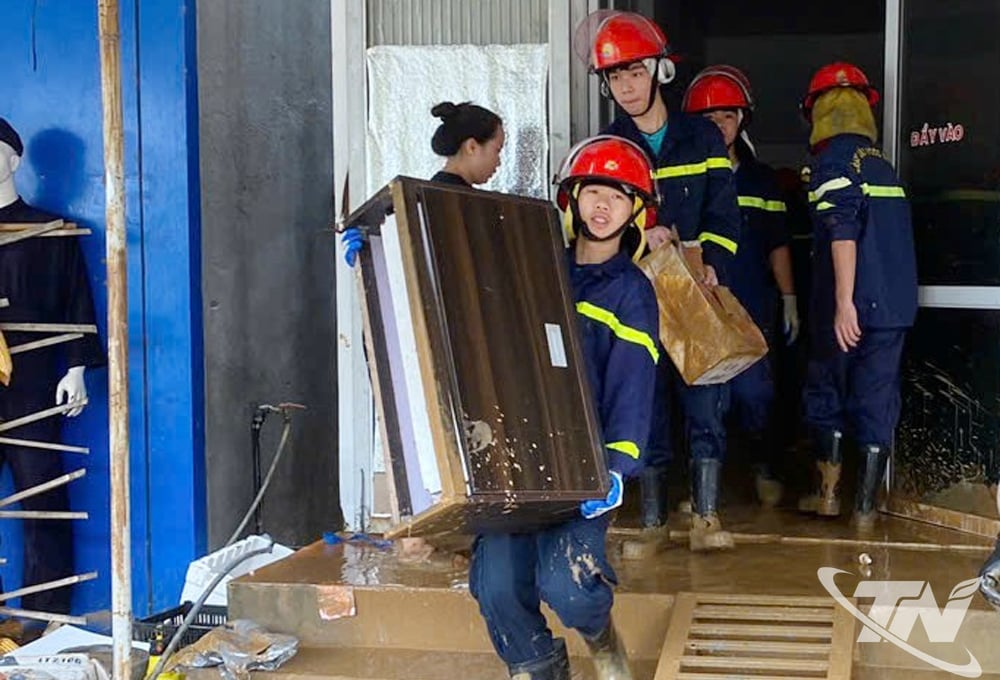











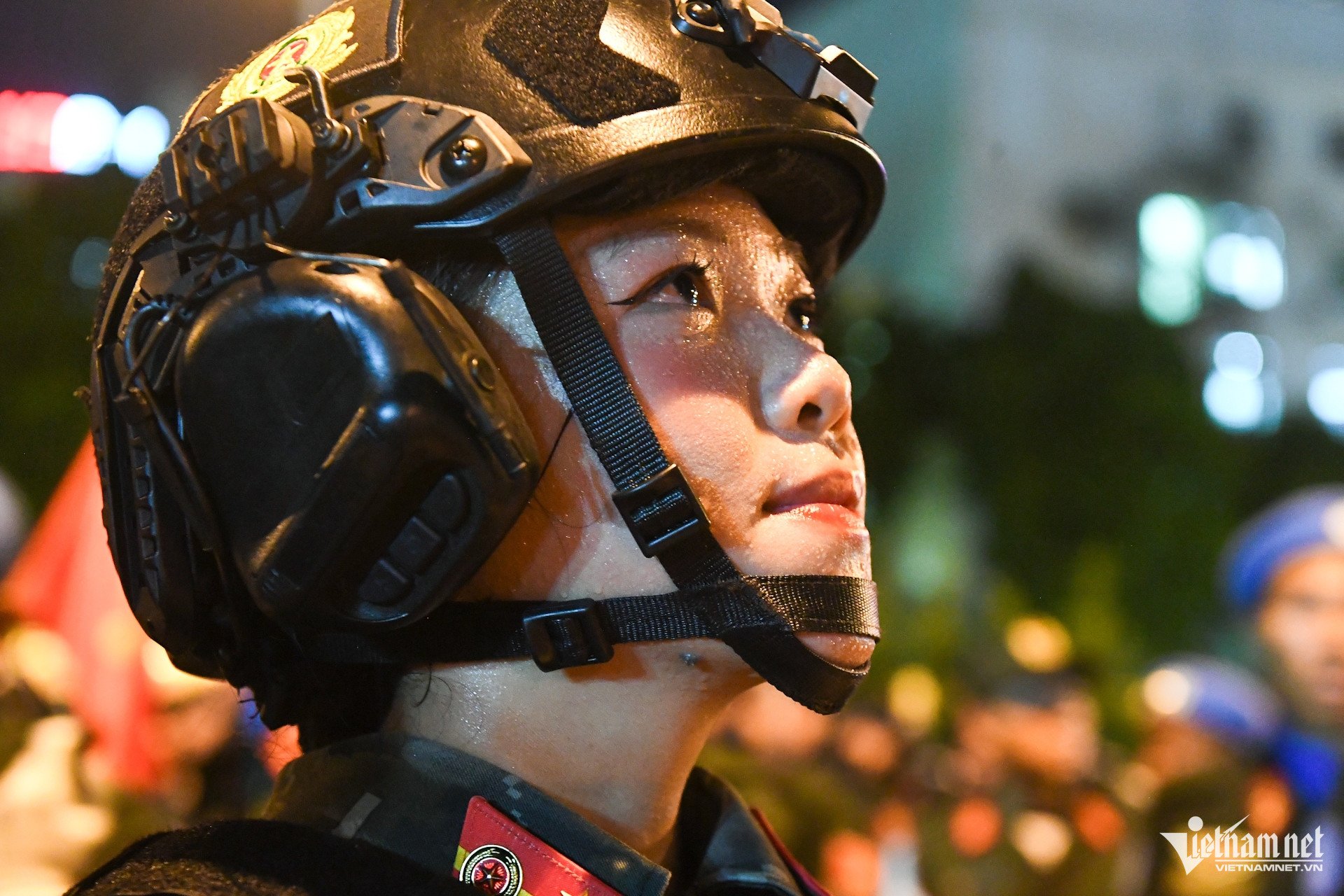

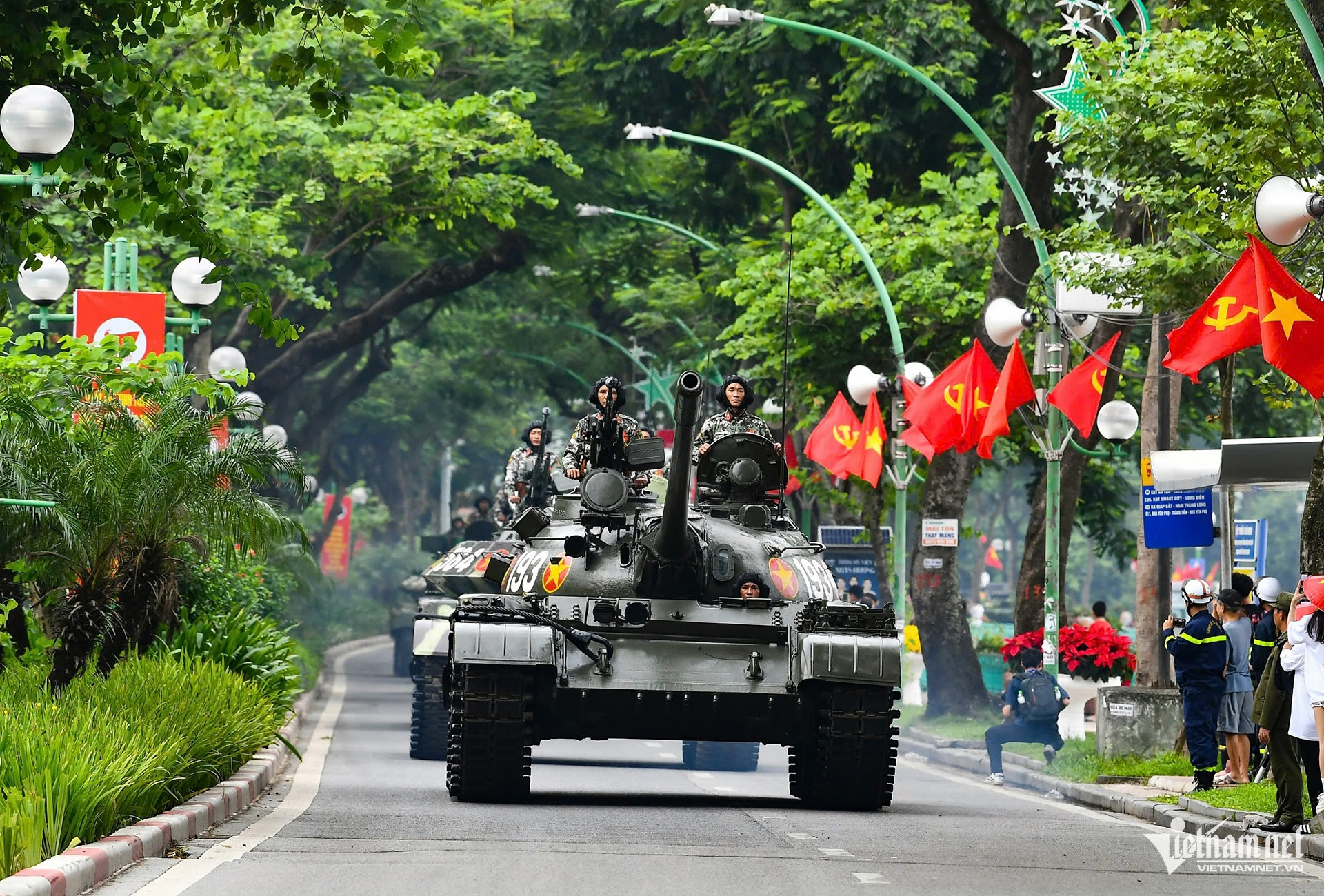

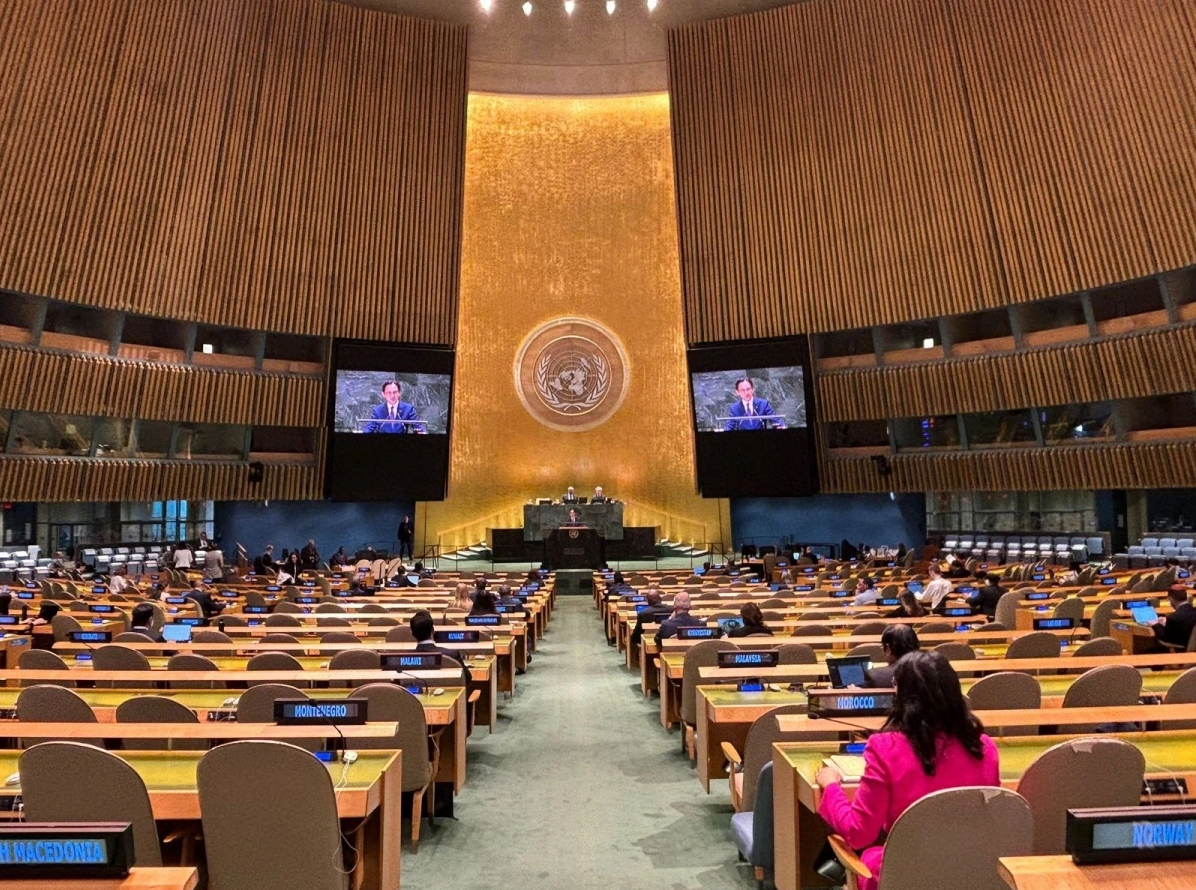
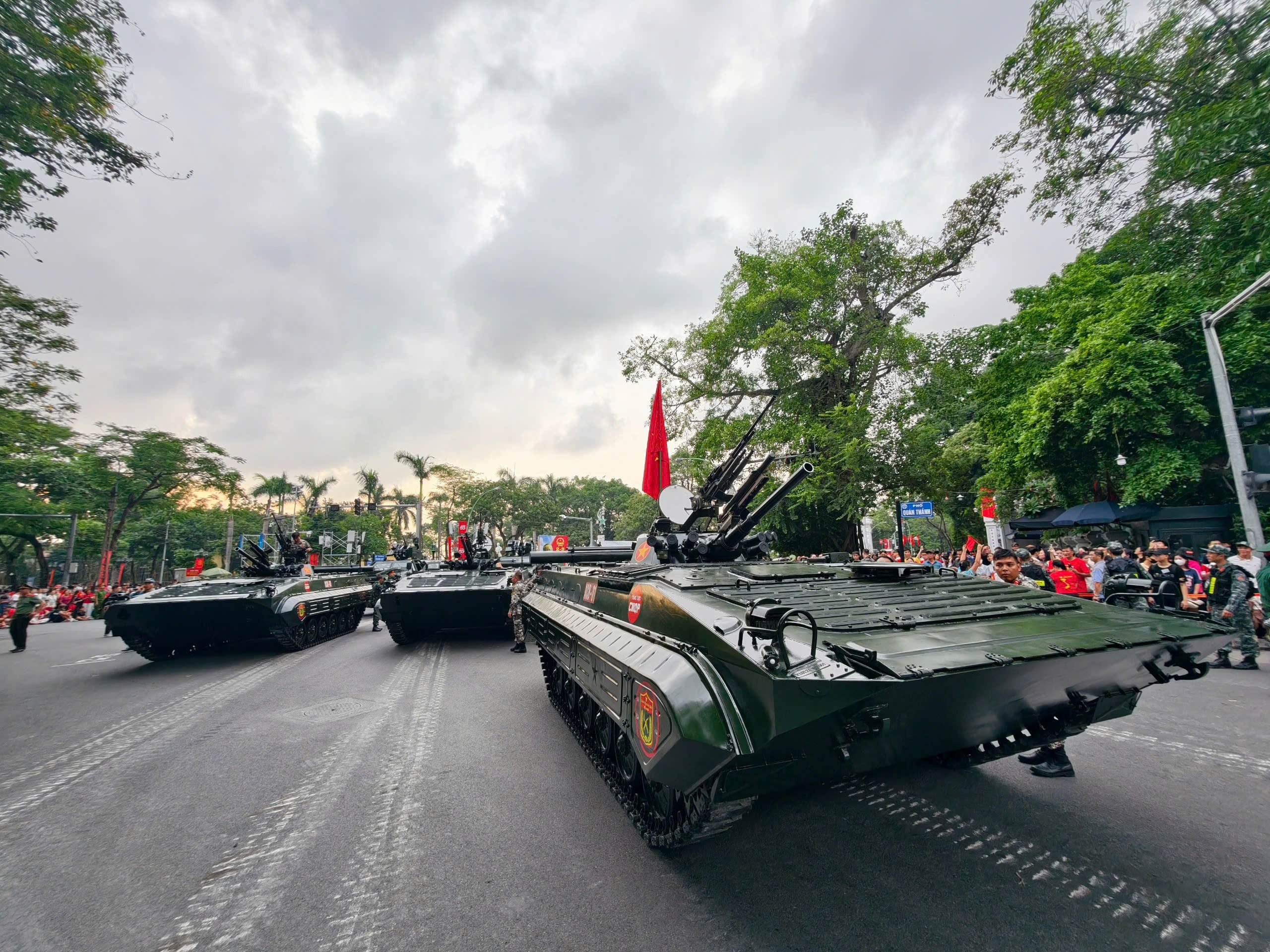
















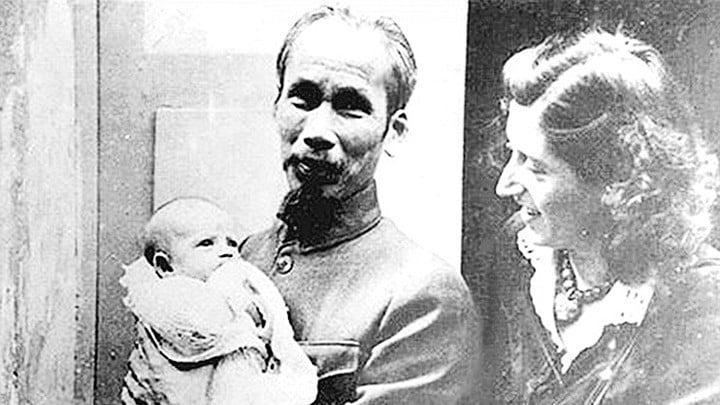













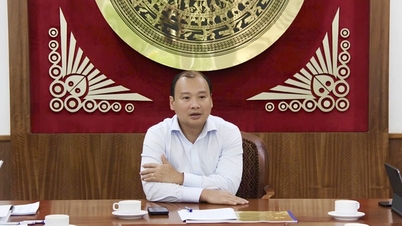







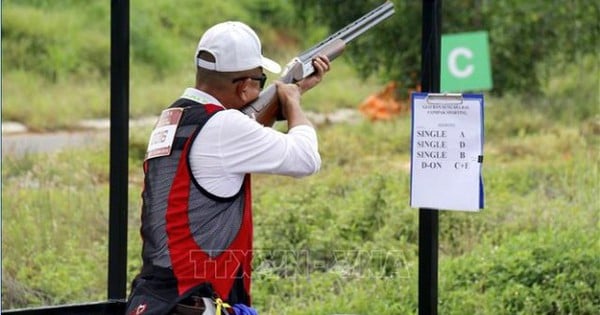
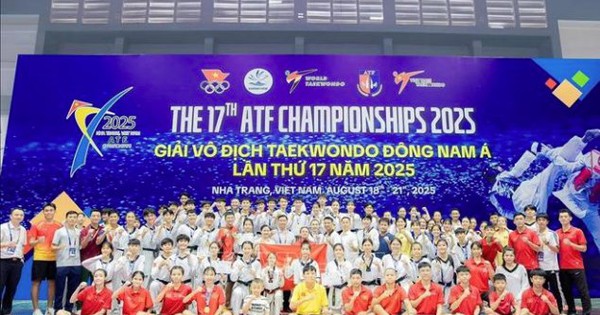
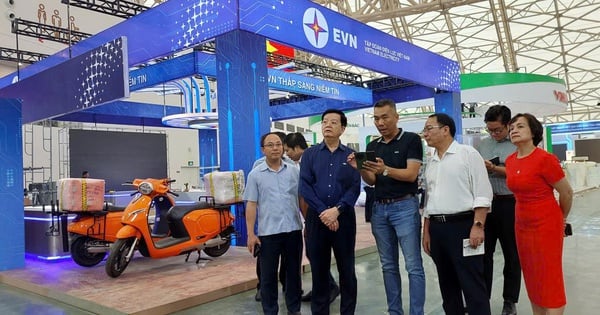











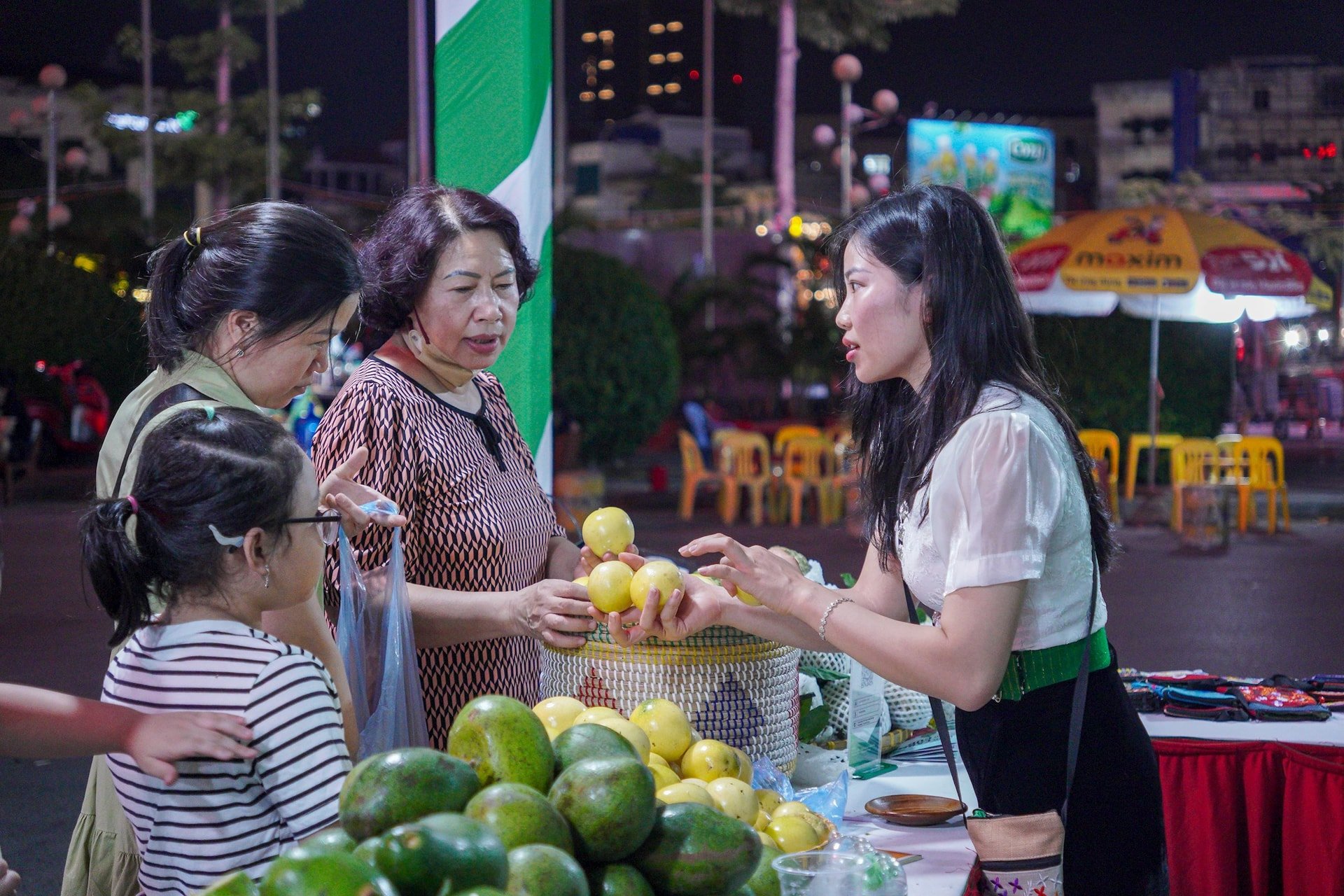

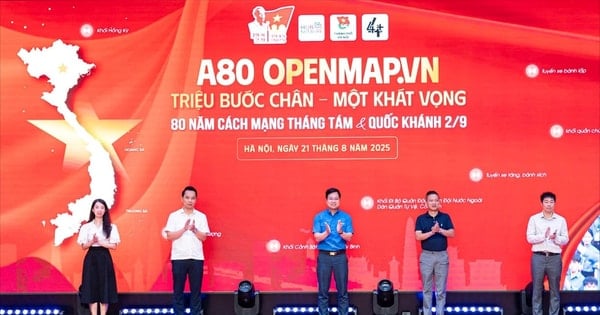

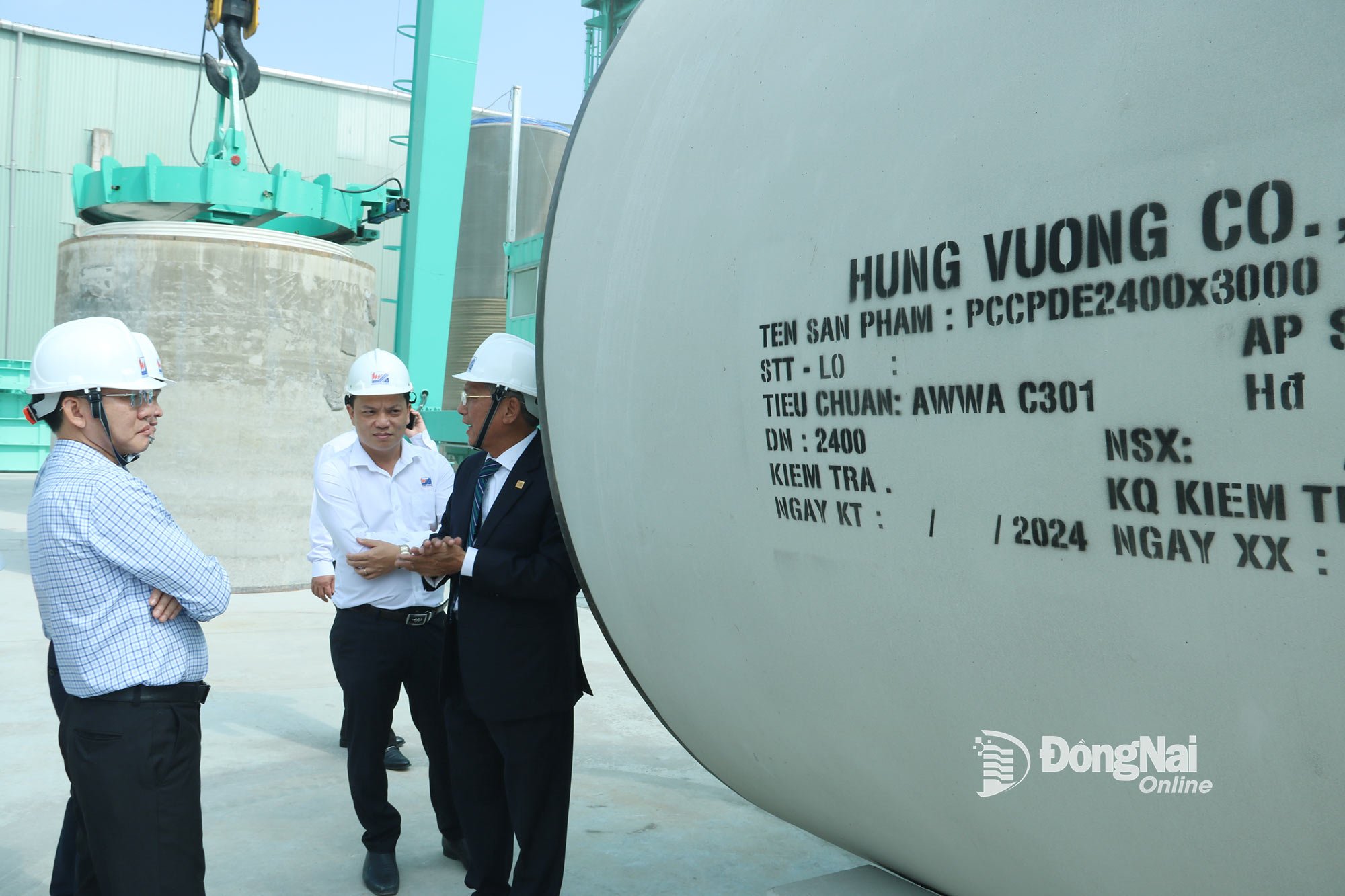






Comment (0)